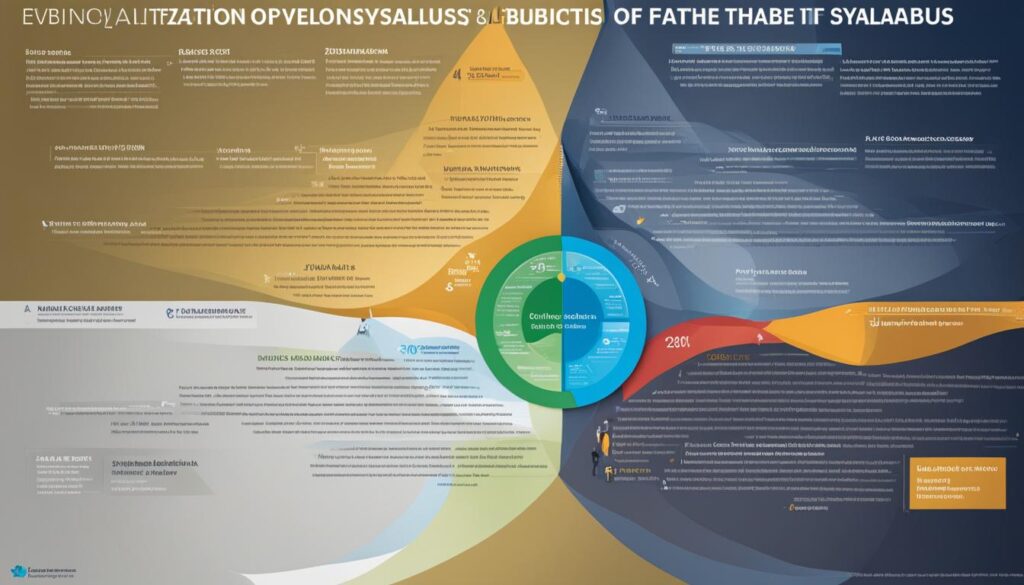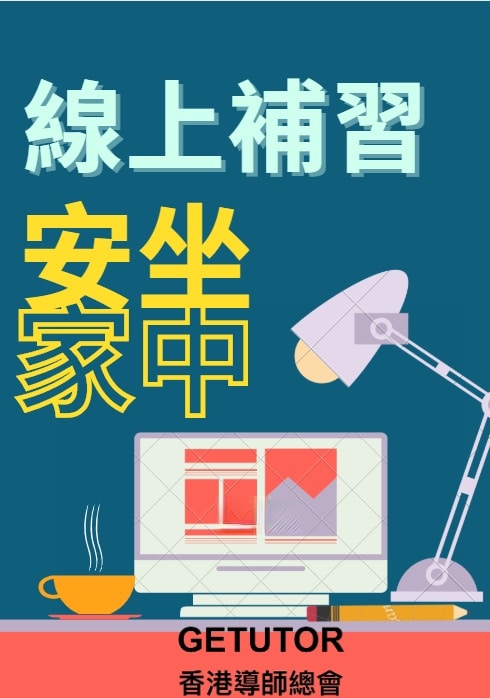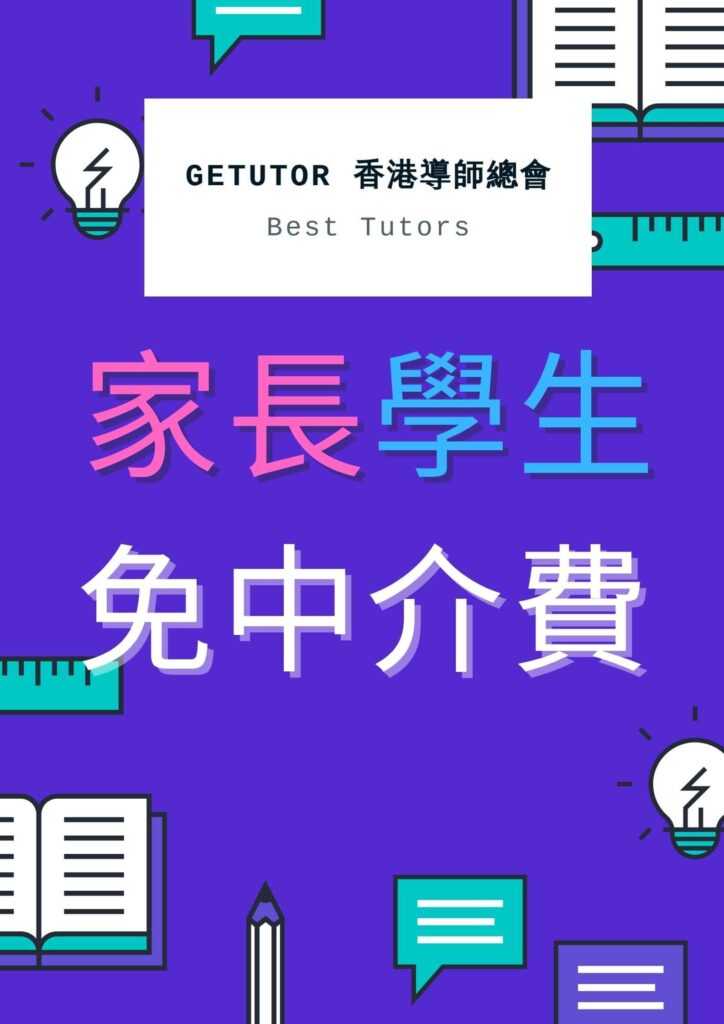The International Baccalaureate (IB) Physics program, along with IB Chemistry and IB Biology, has recently undergone significant changes to its syllabus. These changes are set to be implemented in 2023. The new IB Physics syllabus aims to provide a more comprehensive and interconnected understanding of the subject by restructuring it into five themes instead of the previous eight. The external assessment objectives for the IB Physics program remain the same, and the exam format now consists of two examination papers for each level . The internal assessment has also been revised, with more opportunities for collaboration among students.
Key Takeaways:
- The IB Physics syllabus has undergone significant changes to provide a more comprehensive understanding of the subject.
- The new syllabus is structured into five themes instead of eight, promoting interconnected learning.
- The external assessment objectives remain unchanged, but the exam format now consists of two papers.
- The internal assessment has been revised to encourage collaboration among students.
- These changes aim to enhance students' learning experience and prepare them for further studies or careers in physics.
Aims of the New IB Physics Syllabus
The new IB Physics syllabus for 2023 has specific aims that guide the teaching and learning of the subject. These aims ensure that students develop a strong conceptual understanding of physics and can make connections between different areas of the subject. By focusing on these aims, the new syllabus aims to provide students with a more comprehensive and interconnected understanding of physics.
One of the primary aims of the new IB Physics syllabus is to develop students' conceptual understanding of the subject. This involves helping students grasp the fundamental principles and theories of physics and how they apply to real-world situations. By emphasizing conceptual understanding, the syllabus encourages students to think critically and make connections between different areas of physics.
The new syllabus also aims to develop students' ability to evaluate knowledge claims and explore questions concerning validity, reliability, credibility, and cultural perspectives. This critical thinking skill is crucial in the field of physics, where new discoveries and theories are constantly emerging. By engaging in these evaluations, students can develop a deeper appreciation for the scientific method and its impact on society.
Key Aims of the New IB Physics Syllabus:
- Develop conceptual understanding and make connections between different areas of the subject and other DP science subjects
- Evaluate knowledge claims and explore questions concerning validity, reliability, credibility, and cultural perspectives
- Develop experimental, investigative, and data collection skills
- Promote the development of scientific thinking, problem-solving, and analytical skills
- Understand the implications of physics for society, the environment, and sustainable development
- Appreciate the historical, philosophical, and international dimensions of physics
- Nurture an appreciation of the beauty, power, and limitations of physics
- Develop an understanding of the scientific method and its applications
- Prepare students for further studies or careers in physics
| Aim | Description |
|---|---|
| Develop conceptual understanding and make connections between different areas of the subject and other DP science subjects | This aim focuses on helping students develop a strong conceptual understanding of physics and how it connects to other science subjects. |
| Evaluate knowledge claims and explore questions concerning validity, reliability, credibility, and cultural perspectives | This aim encourages students to critically evaluate knowledge claims and consider different perspectives when exploring physics concepts. |
| Develop experimental, investigative, and data collection skills | This aim emphasizes the development of practical skills, including conducting experiments and collecting and analyzing data. |
| Promote the development of scientific thinking, problem-solving, and analytical skills | This aim focuses on nurturing students' ability to think scientifically, solve problems, and analyze complex physics concepts. |
| Understand the implications of physics for society, the environment, and sustainable development | This highlights the importance of understanding how physics impacts society, the environment, and sustainable development. |
IB Physics Syllabus 2023 External Assessment Objectives
The external assessment objectives for the IB Physics program remain consistent in the 2023 syllabus. These objectives serve as the foundation for evaluating students' knowledge and understanding of physics. The four assessment objectives are as follows:
- Demonstrating knowledge: Students are required to demonstrate their factual knowledge and understanding of key concepts related to physics.
- Understanding and applying knowledge: Students must showcase their ability to apply their knowledge of physics principles and concepts to solve problems and analyze real-world situations.
- Analyzing, evaluating, and synthesizing: This objective focuses on students' skills in critically analyzing and evaluating physics information and theories, as well as their ability to synthesize a coherent understanding of complex ideas.
- Demonstrating the application of skills: Students are expected to apply their practical and experimental skills to collect and analyze data, as well as to communicate their findings effectively.
These assessment objectives provide a comprehensive framework for evaluating students' proficiency in various aspects of physics and ensure that the external assessment is consistent with the goals and aims of the IB Physics syllabus.
| Assessment Objectives | Description |
|---|---|
| Demonstrating knowledge | Displaying factual knowledge and understanding of physics concepts. |
| Understanding and applying knowledge | Applying physics knowledge to solve problems and analyze real-world situations. |
| Analyzing, evaluating, and synthesizing | Examining, assessing, and combining physics information and theories. |
| Demonstrating the application of skills | Applying practical and experimental skills to collect, analyze, and communicate data. |
IB Physics Exam Format 2023
In 2023, the International Baccalaureate (IB) Physics exam format will undergo changes to provide students with a more comprehensive assessment of their knowledge and skills. The new exam format consists of two examination papers for each level, both of which must be attempted by students . The time allocated for the external examination papers remains the same, with three hours for Standard Level (SL) and 4.5 hours for Higher Level (HL).
During the exam, students are allowed to use a calculator for all of Paper 1, including the multiple-choice questions and Section B. This allows students to effectively apply their mathematical skills in solving physics problems. Additionally, there is a reading time of five minutes provided at the beginning of the exam, allowing students to familiarize themselves with the questions before starting.
One significant change in 2023 IB Physics exam format is the availability of the data booklet during the exam. Students will have access to the data booklet, which contains relevant formulae, constants, and other useful information. This allows students to focus on applying their knowledge and understanding of physics concepts without the need to memorize specific formulas and values.
| Exam Level | Examination Papers | Time Allocation | Additional Features |
|---|---|---|---|
| Standard Level (SL) | 2 papers | 3 hours | Calculator allowed for Paper 1 and reading time of 5 minutes |
| Higher Level (HL) | 2 papers | 4.5 hours | Calculator allowed for Paper 1 and reading time of 5 minutes |
IB Physics Internal Assessment Criteria 2023
The internal assessment (IA) in the new IB Physics syllabus has undergone significant changes. The IA is now called “the scientific investigation” and counts for 20% of the overall assessment. The allocated time and word count for the IA remain unchanged. The assessment criteria have also been revised, with equal weighting given to four criteria: research design, data analysis, conclusion, and evaluation.
In the scientific investigation, students are expected to demonstrate their ability to plan and carry out a scientific inquiry, analyze data, draw relevant conclusions, and evaluate the limitations and implications of their investigation. The research design criterion evaluates the student's ability to formulate clear research questions, plan and design a method for data collection, and consider ethical guidelines. The data analysis criterion assesses the student's ability to organize and analyze data using appropriate mathematical and statistical techniques. conclusion criterion focuses on the student's ability to draw valid conclusions based on their data analysis and evaluate the reliability of those conclusions.
The evaluation criterion assesses the student's ability to evaluate the limitations of their investigation, propose improvements, and consider the implications of their findings. To meet the assessment criteria, students should clearly document their research process, including any modifications they made to their initial plan, and provide a clear and logical analysis of their data. The scientific investigation allows students to develop their scientific skills and engage in independent research, fostering a deeper understanding of the scientific method and the process of inquiry.
IB Physics Practical Scheme of Work
The practical scheme of work (PSOW) is an integral part of the IB Physics curriculum. It provides students with hands-on experience and opportunities to apply theoretical concepts in real-world settings. The PSOW aims to develop students' practical skills, enhance their understanding of scientific inquiry, and foster their ability to think critically and solve problems.
The IB Physics PSOW consists of a series of experiments and investigations that cover a wide range of topics across the physics syllabus. These practical activities are designed to enable students to explore and manipulate variables, collect and analyze data, and draw conclusions based on their findings . Through the PSOW, students develop essential laboratory skills, such as using various measurement instruments, conducting controlled experiments, and ensuring accuracy and precision in their observations.
The PSOW also encourages collaboration and teamwork among students. It often involves group experiments where students work together to design and execute investigations, share responsibilities, and communicate their findings. This fosters a cooperative learning environment and promotes the development of interpersonal skills, such as effective communication, cooperation, and leadership.
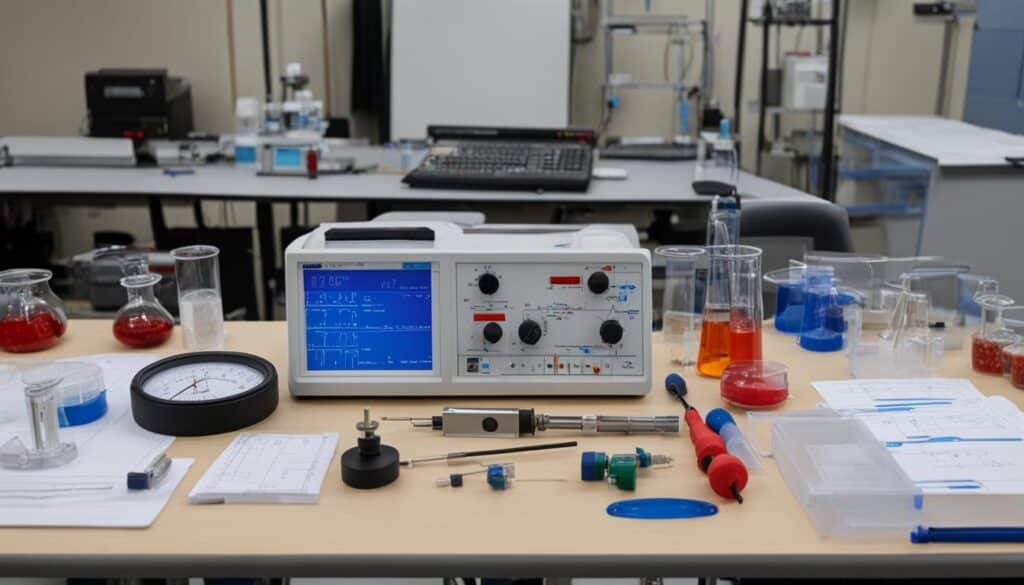
Example Experiment: Determining the Acceleration due to Gravity
One example of a practical activity found in the IB Physics PSOW is the experiment to determine the acceleration due to gravity. In this experiment, students use a simple pendulum and measure the period of oscillation for various lengths of the pendulum string. By analyzing the relationship between the length of the string and the period of oscillation, students can calculate the acceleration due to gravity.
This experiment not only reinforces the concept of gravity but also allows students to practice important skills such as data collection, data analysis, and error propagation. It also provides an opportunity for students to critically evaluate their results and consider potential sources of error and improvements that can be made to the experimental setup.
| Length of Pendulum String (cm) | Period of Oscillation (s) |
|---|---|
| 10 | 0.84 |
| 20 | 1.19 |
| 30 | 1.47 |
| 40 | 1.70 |
| 50 | 1.90 |
In this experiment, students would record the length of the pendulum string and the corresponding period of oscillation. They would then plot a graph of period squared against the length of the string and determine the slope of the line, which represents the acceleration due to gravity .
The IB Physics PSOW provides students with valuable hands-on experiences that complement their theoretical understanding of physics. Through a variety of practical activities, students develop essential laboratory skills, enhance their scientific inquiry abilities, and gain a deeper appreciation for the principles of physics.
Required Skills for the New IB Physics Syllabus
The 2023 IB Physics syllabus requires students to develop a range of skills that are essential for understanding and analyzing the subject. These skills encompass both tools and techniques, as well as the inquiry process. By acquiring and applying these skills, students will be able to explore and comprehend physics concepts in a more holistic and meaningful way.
Tools and Techniques
IB Physics students will need to utilize various tools and techniques to conduct experiments, collect data, and analyze results. These include experimental techniques such as using laboratory apparatus, measuring instruments, and technology to gather accurate and precise data. Additionally, students will use mathematics skills to interpret and manipulate data, as well as calculate and analyze results. It is crucial for students to develop competency in these tools and techniques to effectively engage with the practical aspects of the subject.
Inquiry Process
The inquiry process is a fundamental aspect of physics, requiring students to explore, investigate, and analyze scientific phenomena. IB Physics students will engage in the inquiry process by designing experiments, collecting and processing data, and drawing conclusions based on evidence. This process encourages critical thinking, problem-solving, and the development of scientific reasoning skills. By engaging in the inquiry process, students will not only deepen their understanding of physics concepts but also foster a genuine appreciation for the scientific method.
Summary:
The new IB Physics syllabus emphasizes the development of essential skills for students to excel in the subject. These skills include mastering tools and techniques necessary for conducting experiments and analyzing data, as well as engaging in the inquiry process to explore scientific phenomena. By honing these required skills, students will be well-equipped to tackle the challenges of the IB Physics program and develop a robust understanding of the subject.
Table: Skills Required for the New IB Physics Syllabus
| Skill Category | Description |
|---|---|
| Tools and Techniques | Utilizing laboratory apparatus, measuring instruments, and technology to conduct experiments and collect data. Applying mathematical skills for data interpretation and analysis. |
| Inquiry Process | Designing experiments, collecting and processing data, and drawing conclusions based on evidence. Developing critical thinking, problem-solving, and scientific reasoning skills. |
IB Physics Data Booklet Updates
The IB Physics data booklet has undergone updates and changes for the 2023 syllabus. These updates aim to provide students with relevant and comprehensive information during their exams. The content organization has been modified, with additional content from the measurements and uncertainties topic added to the booklet. This update ensures that students have access to all the necessary information for their physics examinations.
The data booklet is now organized by topic, making it easier for students to locate specific formulas, constants, and other relevant data. This improved organization allows students to navigate the booklet more efficiently, saving them time during their exams. The addition of content from the measurements and uncertainties topic ensures that students have access to the most up-to-date information in this area.
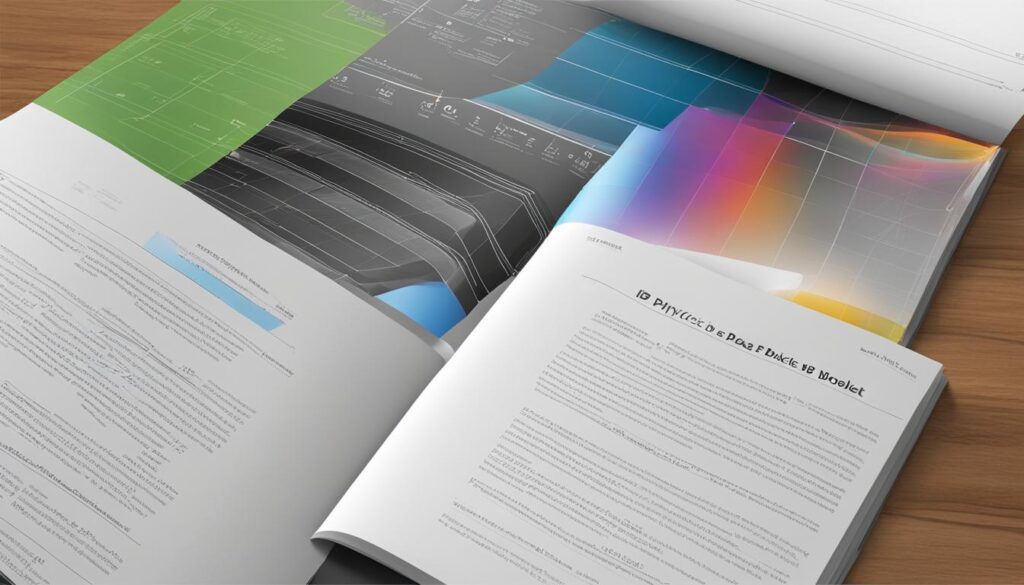
Table: Content Organization in the IB Physics Data Booklet
| Topic | Content |
|---|---|
| Mechanics | Formulas for motion, forces, energy, and momentum |
| Thermal Physics | Equations for heat transfer, thermodynamics, and kinetic theory |
| Waves and Oscillations | Equations for wave properties, standing waves, and simple harmonic motion |
| Electricity and Magnetism | Formulas for electric fields, circuits, electromagnetism, and electromagnetic induction |
| Atomic, Nuclear, and Particle Physics | Equations for radioactivity, nuclear reactions, and particle interactions |
| Measurement and Uncertainties | Updates to content related to measurements, uncertainties, and error analysis |
The updated data booklet reflects the changes in the IB Physics syllabus and ensures that students have access to the most relevant and accurate information during their exams. The new organization and added content provide students with a comprehensive resource to support their study and preparation for the IB Physics assessments.
Topic Additions to the IB Physics Curriculum 2023
The new IB Physics syllabus for 2023 includes several topic additions that aim to enhance students' understanding of the subject and its real-world applications. These additions provide a deeper exploration of physics principles and their relevance to modern developments. The inclusion of these topics reflects the evolving nature of the field and ensures that students are prepared for further studies or careers in physics.
One of the notable additions is the topic of relativity, which delves into the concepts of time dilation and the Lorentz transformation. Understanding relativity is crucial in the study of the universe and plays a significant role in areas such as astrophysics and space exploration. Additionally, the new curriculum introduces engineering as a topic, allowing students to explore the application of physics in practical engineering contexts.
Other notable additions include astrophysics, entropy, Compton scattering, apparent brightness, and energy resources. The study of astrophysics provides insights into the fundamental processes occurring in celestial bodies and the universe as a whole. Entropy, on the other hand, explores the concept of disorder and its implications in thermodynamics. Compton scattering, apparent brightness, and energy resources further contribute to a comprehensive understanding of physics principles and their real-world applications.
| New Topics |
|---|
| Relativity |
| Engineering |
| Astrophysics |
| Entropy |
| Compton Scattering |
| Apparent Brightness |
| Energy Resources |
These topic additions in the new IB Physics curriculum provide students with a broader and more comprehensive understanding of physics principles and their applications. By exploring these topics, students can develop a deeper appreciation for the subject and its relevance in various scientific and technological domains.
Topic Removals for the IB Physics Syllabus 2023
The upcoming changes to the IB Physics syllabus in 2023 involve the removal of certain topics. These topics have been carefully selected to streamline the syllabus and ensure a more comprehensive and integrated understanding of the subject. The removals aim to provide students with a focused curriculum that aligns with modern applications and developments in the field of physics.
Among the topics removed from the IB Physics syllabus are quarks, capacitors, diodes, the weak force, thin films, and cosmology. While these topics have been traditionally covered in physics education, their removal reflects a shift towards prioritizing core concepts and principles that have broader relevance and application.
By removing these topics, the IB Physics syllabus aims to create space for the inclusion of new and emerging areas of study, such as relativity, engineering, astrophysics, entropy, Compton scattering, apparent brightness, and energy resources. These additions provide students with a deeper understanding of physics and expose them to contemporary advancements in the field.
The removal of certain topics from the IB Physics syllabus is a deliberate choice to enhance the learning experience for students. By focusing on core concepts and introducing relevant and modern topics, the syllabus aims to prepare students for further studies or careers in physics, equipping them with the knowledge and skills necessary to thrive in a rapidly evolving scientific landscape.
Conclusion
In conclusion, the IB Physics program has undergone significant changes in its syllabus, which will be implemented from 2023. These changes aim to provide a more comprehensive and interconnected understanding of physics for students in Hong Kong. The new syllabus focuses on the development of conceptual understanding and making connections between different areas of the subject and other DP science subjects.
The external assessment objectives and exam format have been revised to align with the new syllabus. The exam now consists of two papers for each level, and students are expected to attempt all questions. The internal assessment, now known as “the scientific investigation,” allows for more collaboration among students and has revised assessment criteria.
The practical scheme of work remains the same in terms of hours, providing opportunities for students to practice the tools, techniques, and inquiry process throughout the course. The required skills for the new IB Physics syllabus cover experimental techniques, technology, mathematics, and the inquiry process, and these skills are assessed both externally and internally.
Overall, these changes aim to enhance students' learning experience and prepare them for further studies or careers in physics. Stay updated with the latest revisions to ensure success in the IB Physics program and take advantage of resources like Getutor's Free Matching services to find experienced private tutors who can provide additional support and guidance.
FAQ
What are the changes in the IB Physics syllabus?
The IB Physics syllabus has been restructured into five themes instead of eight, with updates to the content and topics covered.
When will the new IB Physics syllabus be implemented?
The changes to the IB Physics syllabus will be implemented in 2023.
What are the aims of the new IB Physics syllabus?
The aims of the new IB Physics syllabus include developing conceptual understanding, making connections between different areas of physics, and exploring questions of validity, reliability, credibility, and cultural perspectives.
Have the external assessment objectives for IB Physics changed?
No, the external assessment objectives for IB Physics have remained the same.
How many examination papers are there in the new IB Physics exam format?
There are now two examination papers for each level of IB Physics.
Can students use a calculator during the IB Physics exam?
Yes, students can use a calculator for all of Paper 1, including the multiple-choice questions and Section B.
What is the internal assessment called in the new IB Physics syllabus?
The internal assessment is now called “the scientific investigation.”
What is the weightage of the internal assessment in the overall assessment?
The internal assessment counts for 20% of the overall assessment in IB Physics.
What are the criteria for the internal assessment in IB Physics?
The internal assessment in IB Physics is evaluated based on research design, data analysis, conclusion, and evaluation.
Are there any mandatory areas to be covered in the IB Physics practical scheme of work?
No, there are no mandatory areas to be covered in the IB Physics practical scheme of work.
What skills are required for the new IB Physics syllabus?
The required skills for the new IB Physics syllabus include experimental techniques, technology, mathematics, and the inquiry process.
Have there been any updates to the IB Physics data booklet?
Yes, the IB Physics data booklet has been updated with changes in content organization and the addition of topics from the measurements and uncertainties topic.
What are some of the new topics added to the IB Physics syllabus?
The new topics added to the IB Physics syllabus include relativity, engineering, astrophysics, entropy, Compton scattering, apparent brightness, and energy resources.
Which topics have been removed from the IB Physics syllabus?
Topics such as quarks, capacitors, diodes, the weak force, thin films, and cosmology have been removed from the IB Physics syllabus.

